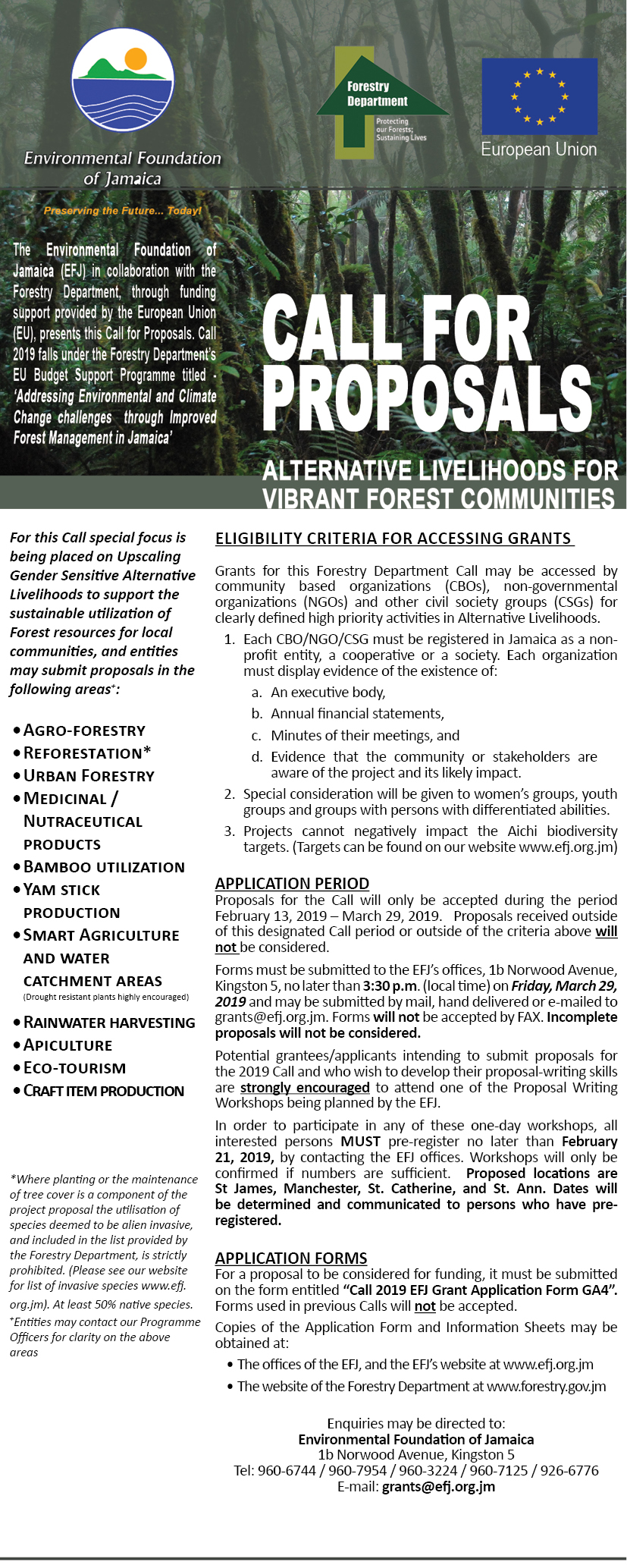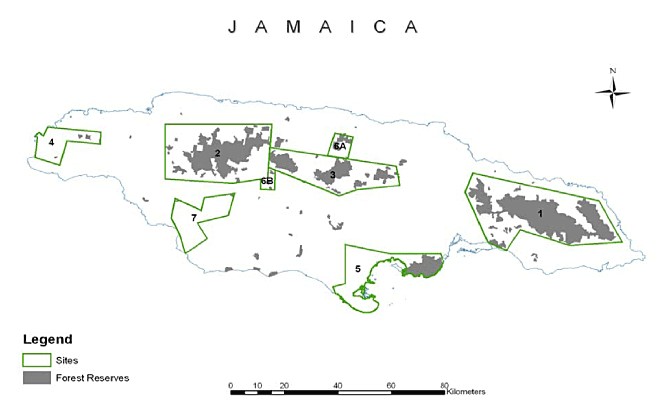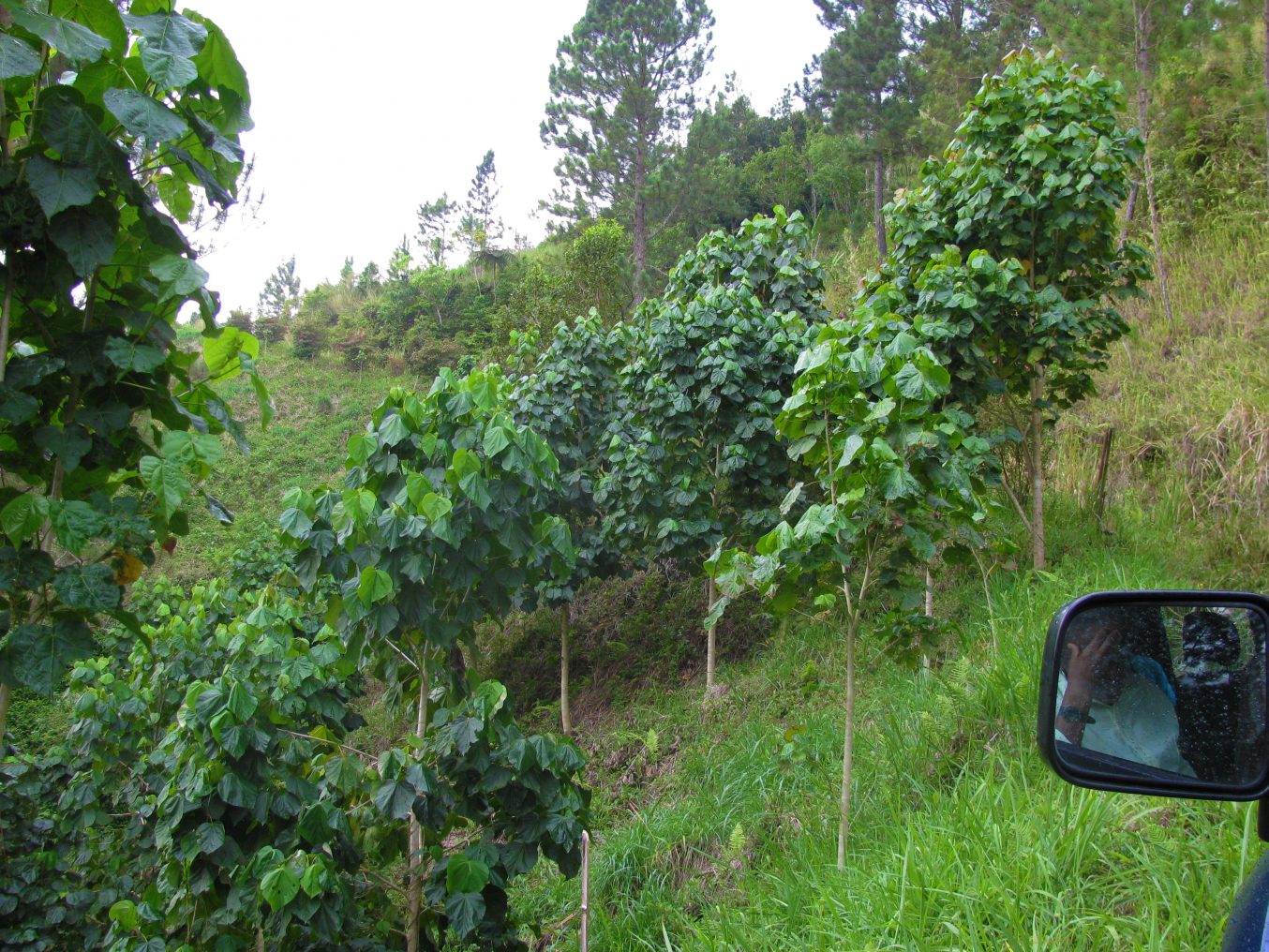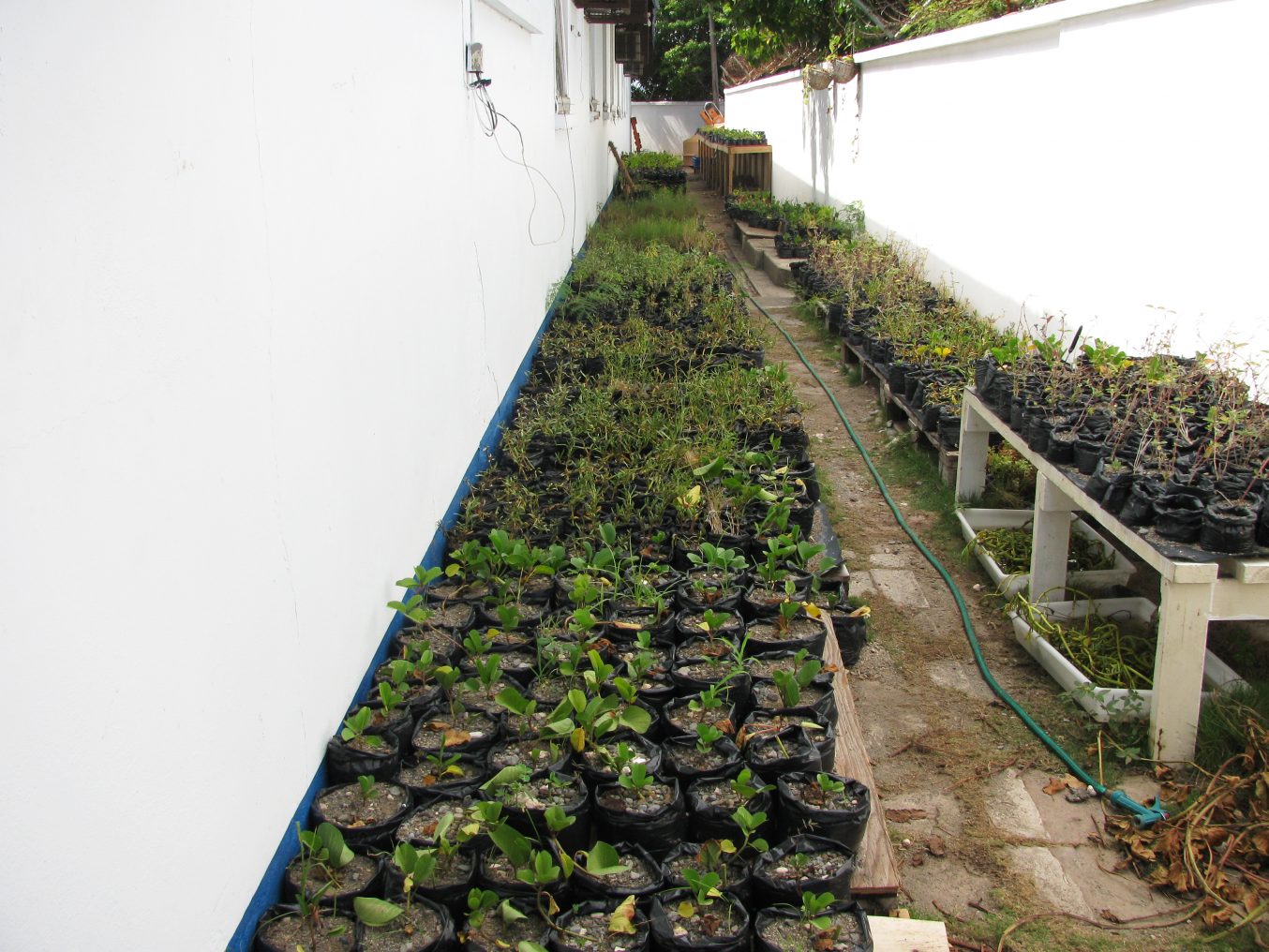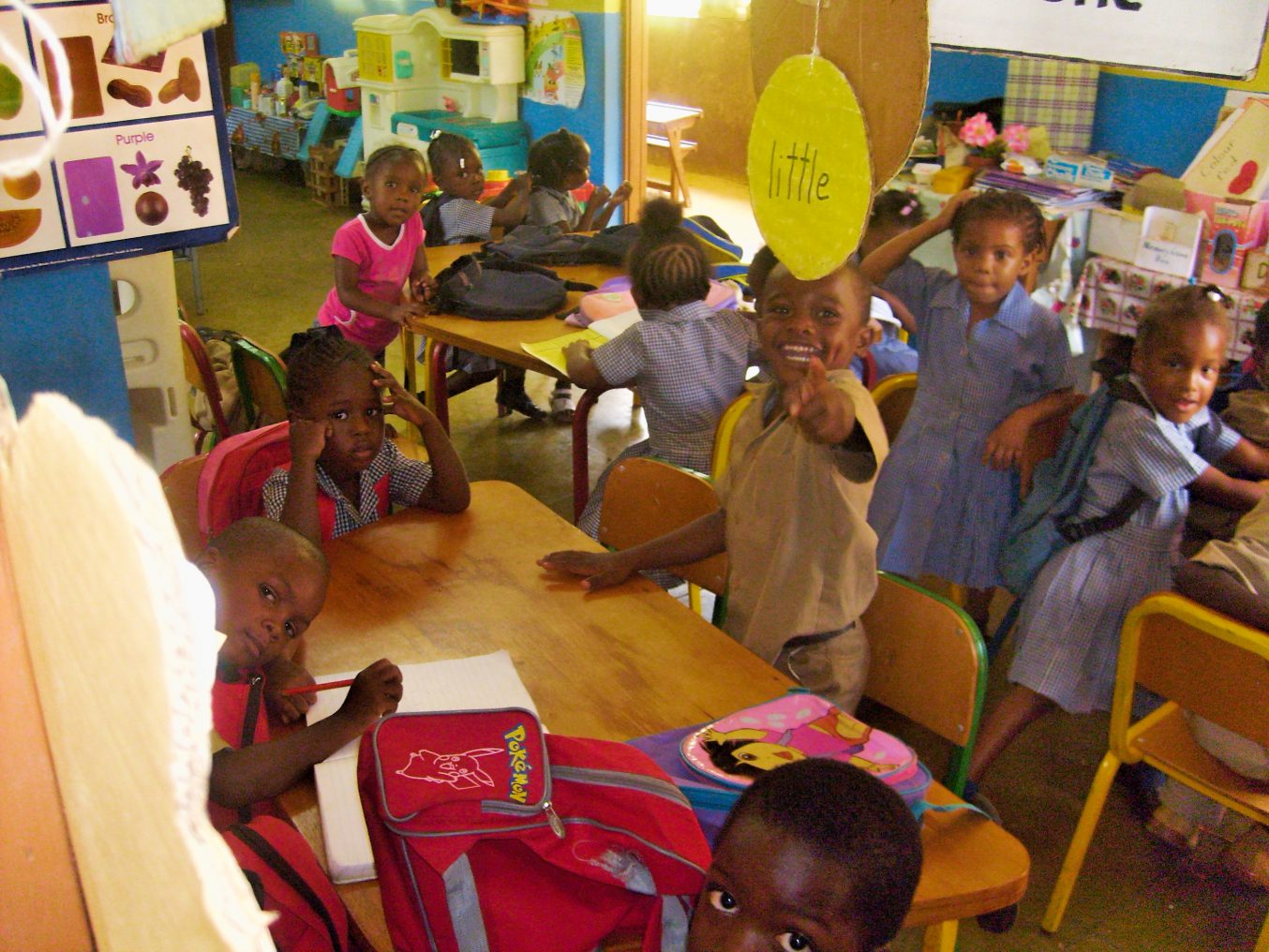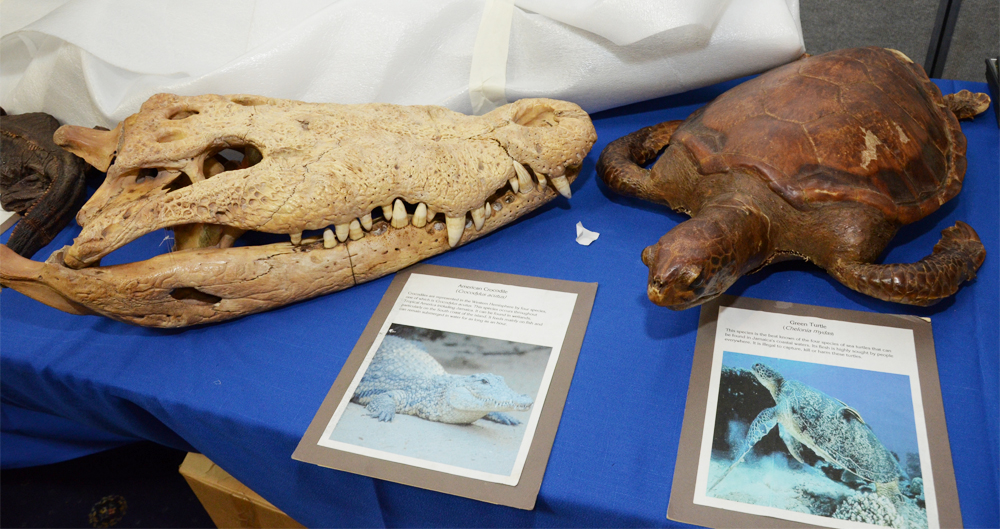Environmental education and eco-tourism in Jamaica received an exciting boost on June 20, 2017, when a ribbon-cutting ceremony took place at the University of the West Indies’ (UWI) Discovery Bay Marine Laboratory in St. Ann. The occasion was the official opening of a 300-meter long Biodiversity Boardwalk, which winds its way through mangrove and dry limestone forest habitat near the laboratory.
The boardwalk was funded by the Environmental Foundation of Jamaica (EFJ) through the Forestry Conservation Fund (FCF). It is the first phase of a three-part project that was first conceptualized and submitted to the Jamaica Protected Areas Trust (JPAT), who were FCF administrators in 2011, as the Northern Limestone Forest Conservation Project. Phase Two will be the construction of a coastal forest interpretive Visitor Facility. In the final phase, a circular boardwalk will be built out to sea, linking Phases One and Two. A total of just over J$21.6 million was committed to the project, to run over a three-year period.
The overall goal of the project is to establish an environmentally friendly, certified and approved facility that will provide opportunities for academic research through displays focusing on the land and sea features of coastal areas. Through the interpretive Visitor Centre, the project aims to explain and educate the general public (including students) and to generate income from tourists interested in learning about Jamaican ecosystems.
The project also aims to create a biodiversity reservoir, to conserve and manage fourteen acres of coastal forest. Many coastal areas are undergoing development activities that often displace flora and fauna and it is hoped that the facility will serve as a sanctuary and temporary depository for important and protected species – especially those that are injured and recovering. A detailed mapping of the area will identify the location and number of these vulnerable species.
EFJ’s Chief Executive Officer Barrington Lewis commented: “The EFJ has two focal areas – the environment and child survival and development – and every so often we get projects that can twin these areas. We believe the work by the Discovery Bay Marine Lab will do this and we are proud to support this project. We have funded the cost of Phase One and we look forward to the successful implementation of the second and third phases.”
The Discovery Bay Marine Lab is a program of the University of the West Indies (UWI) Centre for Marine Sciences. It is dedicated to supporting research and the teaching of biology, chemistry, ecology, geology, hydrology and geography. The facility also seeks to apply the knowledge gleaned to the management of the natural resources in Jamaica’s important and vulnerable coastal zones.
For further information, contact the Discovery Bay Marine Lab at 973-2241/2946. Email: dbml@uwimona.edu.jm

